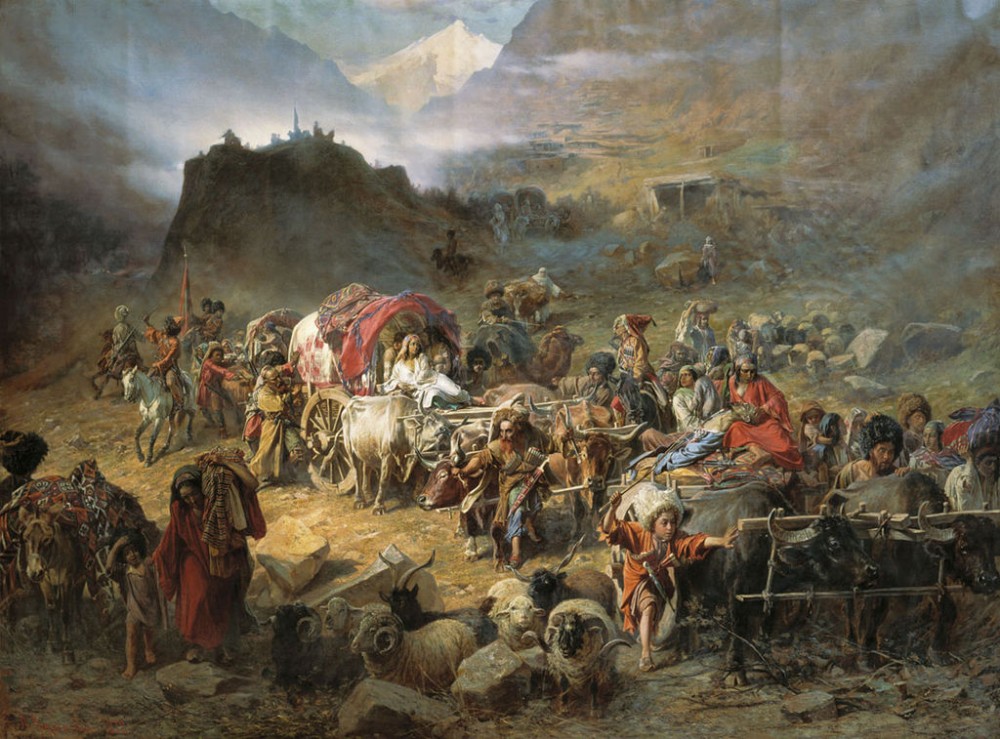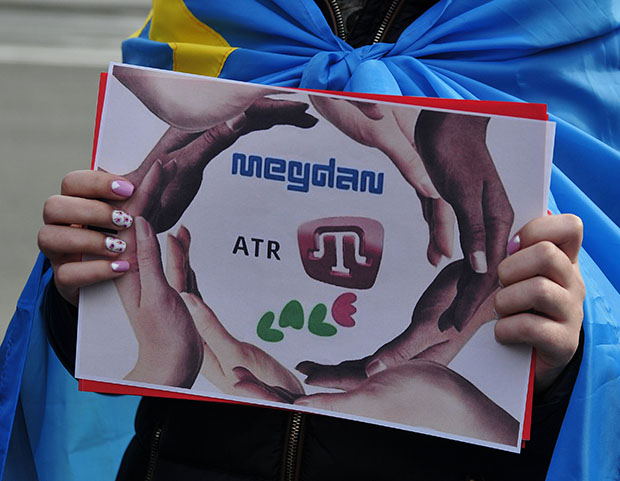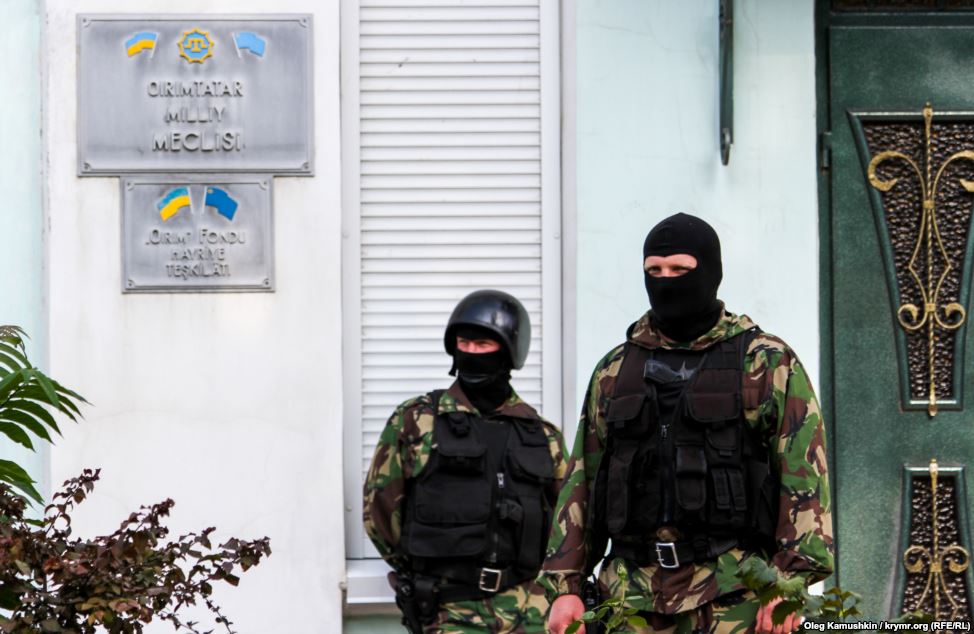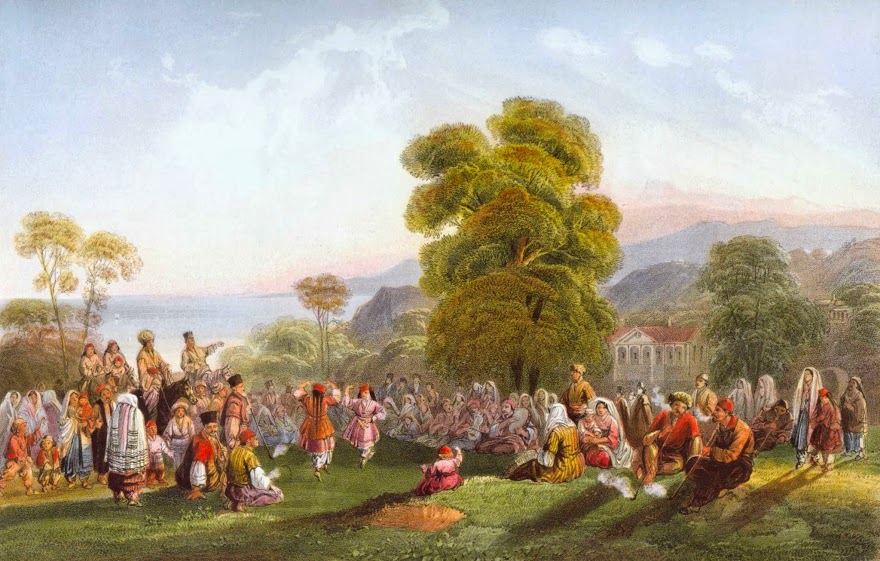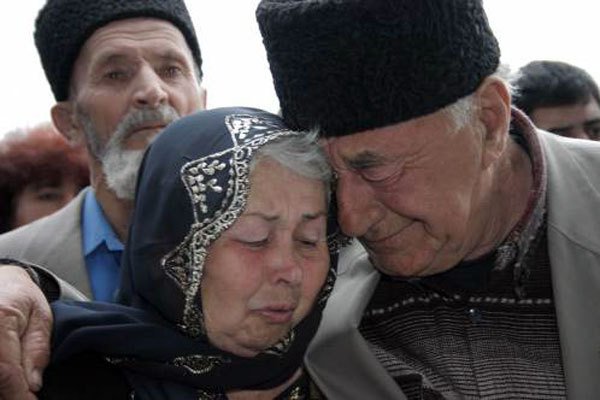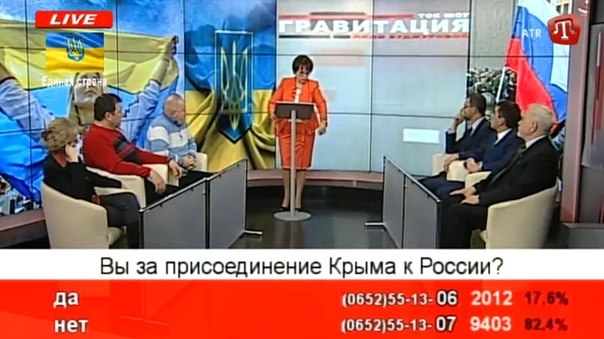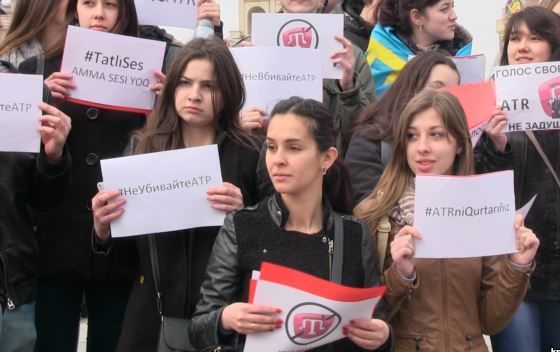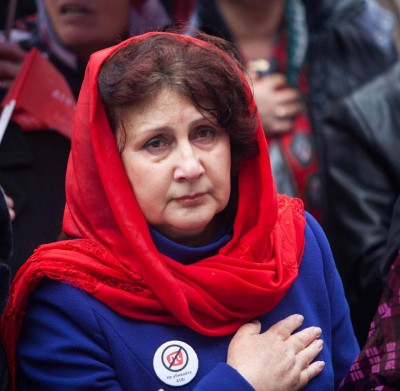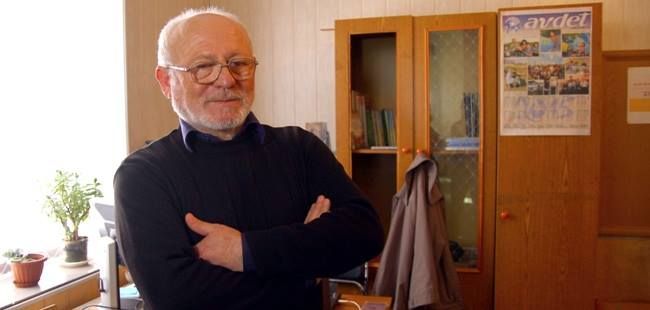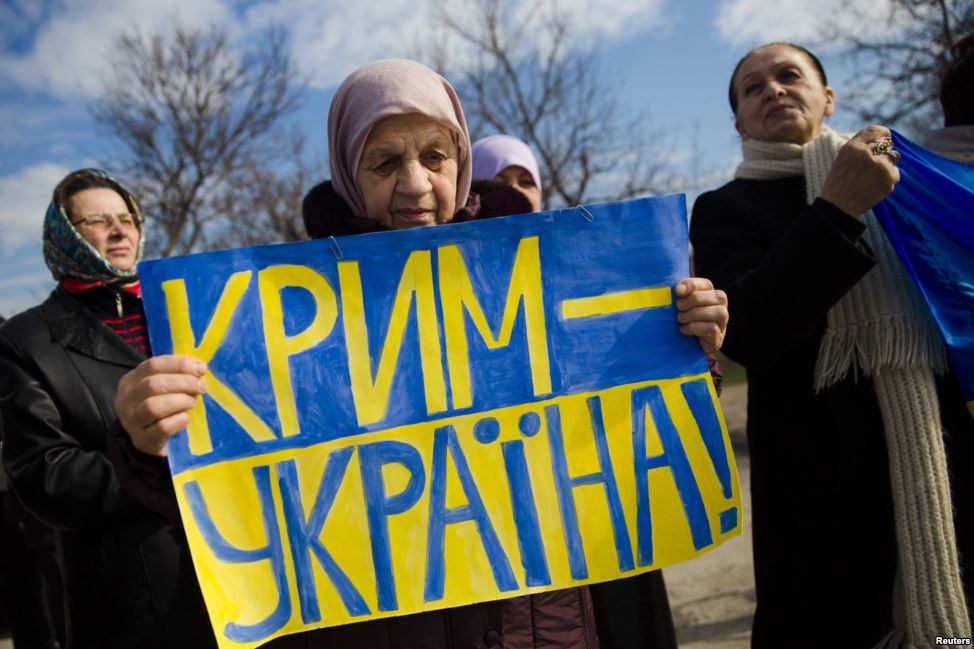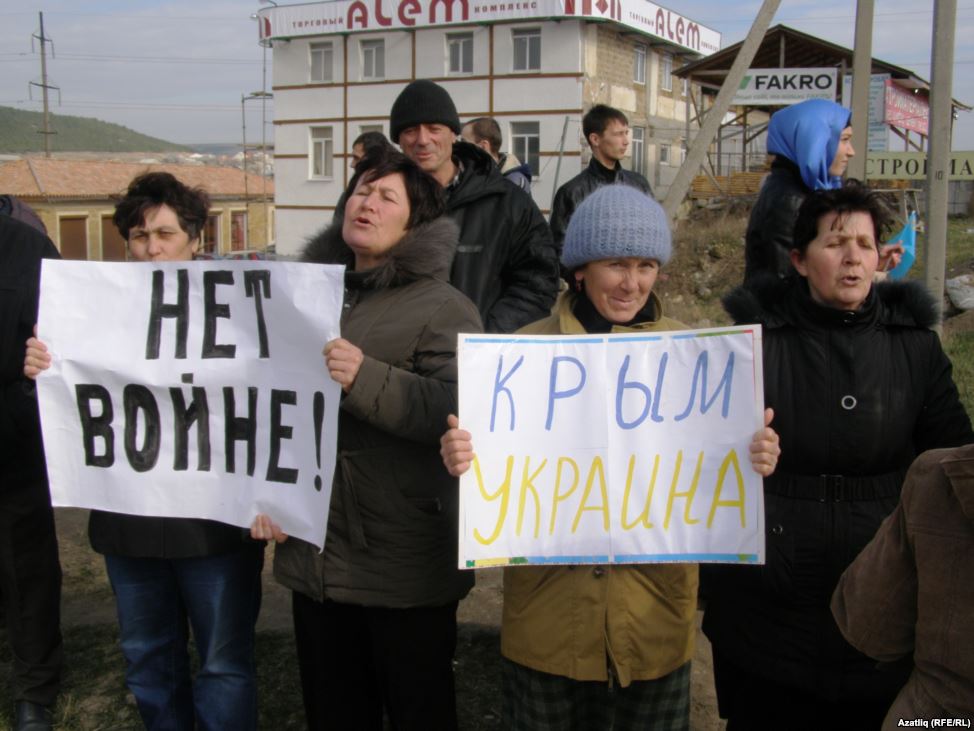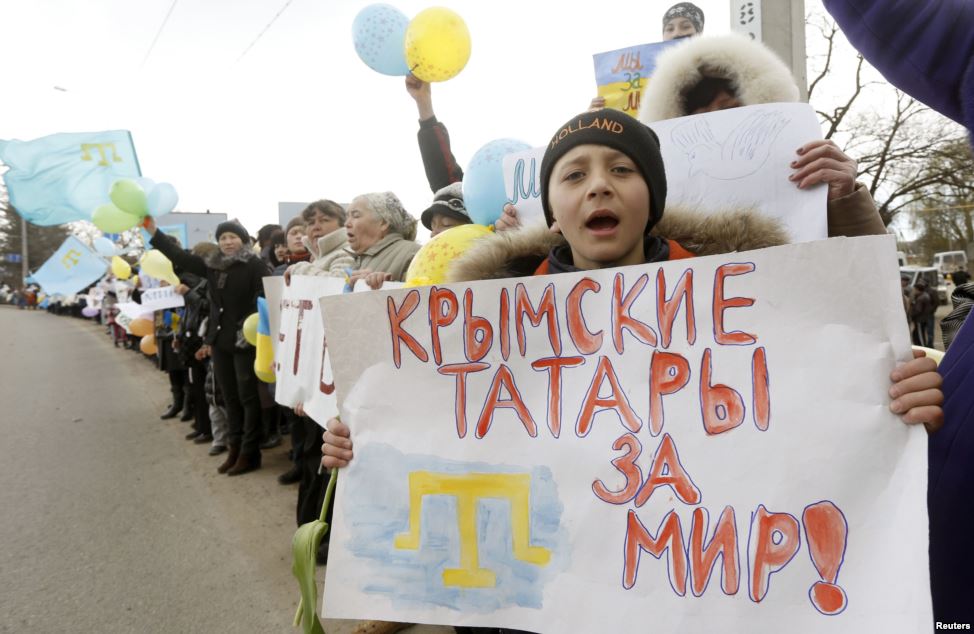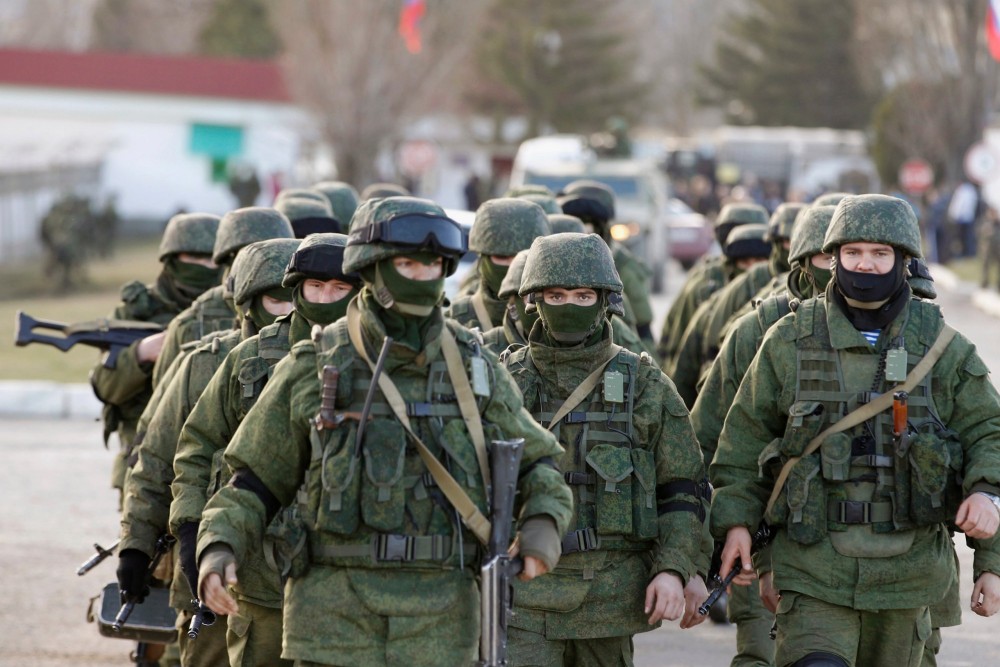Russia has succeeded in holding its conquests only by conducting significant ethnic cleansing, according to Ukrainian commentator Petro Oleshchuk, who points to the difference between Estonia, Latvia and Lithuania, on the one hand, and Kaliningrad, on the other, as indicative of what Moscow is doing in Crimea and the Donbas.
Many believe that the three Baltic countries regained their independence because of American non-recognition policy, but in fact, Oleshchuk says, they did so because each retained “a quite powerful nation” which “struggled for itself and won.” In Kaliningrad, Moscow eliminated all the local people by killing and deportation, and the region remains part of Russia.
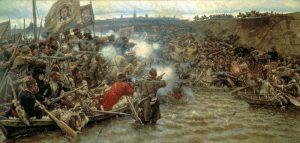
If Moscow has the time to carry out its program of ethnic cleansing in the Donbas and Crimea, there will be no one left to demand the return of these territories to their lawful sovereign Ukraine. The Russian government knows that, and it is acting accordingly, Oleshchuk argues.
Such a strategy, of course, is nothing new.
As a result, Oleshchuk says, these non-Russian regions historically became “Russian from time immemorial.”
In the case of the Donbas and Crimea, of course, the current rulers in the Kremlin do not have to start from scratch. All they must do, the Ukrainian commentator points out, is continue the work that was “done in Stalin’s times… destroy everything of other ethnic groups, resettle and build an advance post.”
If Moscow succeeds, the fate of these regions will be like Kaliningrad; if it doesn’t, their fate will be like that of the Baltic countries.

